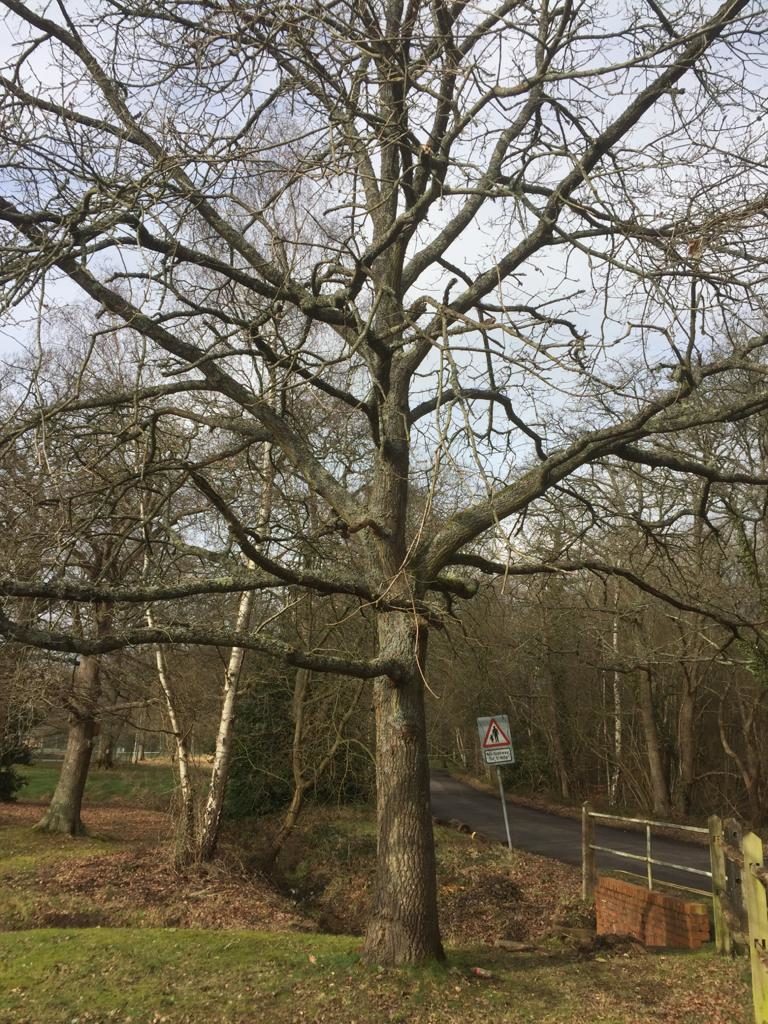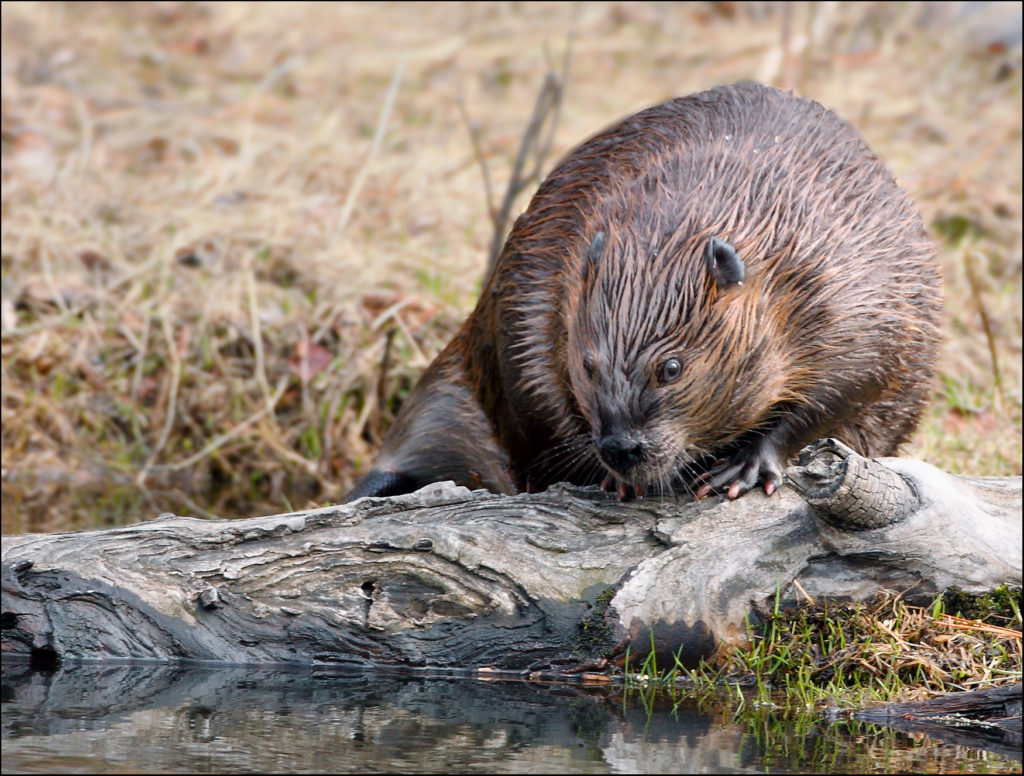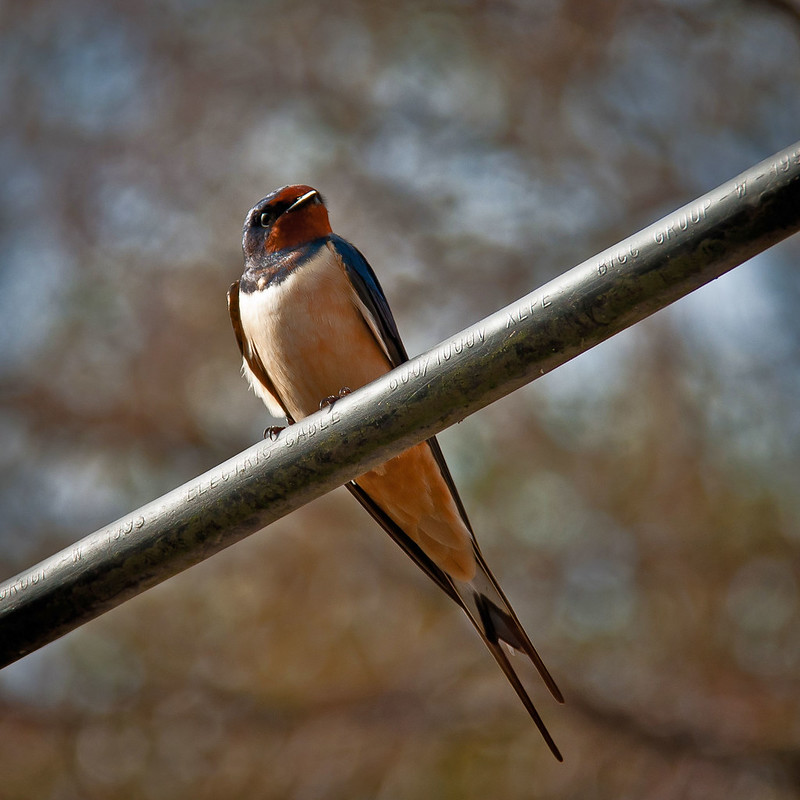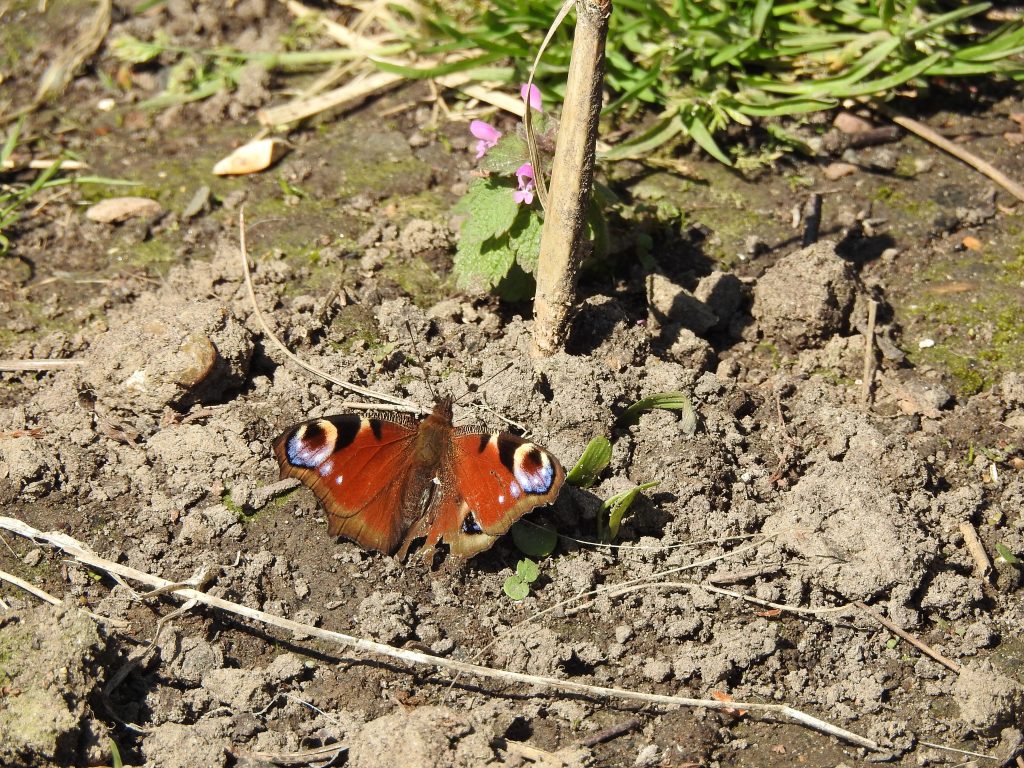
I News reports conservation groups unite to highlight the role Britain’s plants and animals can play in restoring nature, ahead of crucial COP15 global biodiversity summit.

I News reports conservation groups unite to highlight the role Britain’s plants and animals can play in restoring nature, ahead of crucial COP15 global biodiversity summit.
The Guardian reports trust creates refuge for white-clawed crayfish in old cattle drinking hole on Wallington estate near Morpeth.

ITV News and The Independent report beavers have been reintroduced to London for the first time in more than 400 years to help restore natural habitat and reduce the risk of flooding in the city.
The Times reports many years ago they vanished from our shores, Ben Cooke and Katherine Fidler write. Now there is renewed hope for four species whose benefits range from fortifying river banks and keeping problematic populations under control to creating new habitats for others. Other interesting articles about the UK and abroad in the Times Earth: A Wilder World series
The Times reports five species of wildflower native to Britain are officially classed as injurious under the 1959 Weeds Act, meaning that they are considered able to cause harm and landowners can be ordered to control their spread. However, a study has found that three of the weeds — ragwort (Jacobaea vulgaris) and two types of thistle (Cirsium arvense and C. vulgare) — are enormously popular with bees and other insects.

ITV News reports it’s hoped dormice will spread from their only home in Lancashire to Cumbria this spring. They’re incredibly rare in the UK but a project in Silverdale is connecting woodlands so they can spread to other areas.

Daily Mail reports traditionally swallows head south at the end of summer because the European winter is too cold for the flying insects on which they feed. (…) But with the run of mild winters in recent years a small number of swallows have been able to attempt to spend the winter months here.

The Daily Telegraph reports dwindling sightings of the insects mean people are being encouraged ‘rewild’ their garden by leaving parts of it for nature. A poll of over 2,000 people by BBC Gardeners’ World Magazine found that 54 per cent of people had created an “uncultivated area” in their garden last year, up 11 per cent on the year before.
Kate Bradbury, wildlife editor at the magazine, said gardeners keen to help boost butterflies could also resist the urge to clear up dead leaves or cut back dead stems from which chrysalides might be hanging.
The Guardian reports demand for nature is exceeding supply but new wildlife areas can be created by regulations to ensure housing estates bring about “biodiversity net gain”, according to the chair of England’s nature watchdog.
The Telegraph reports criticism should be aimed at polluters who flush wet wipes down the lavatory and pour cooking oil in the sink, Sir James Bevan to say